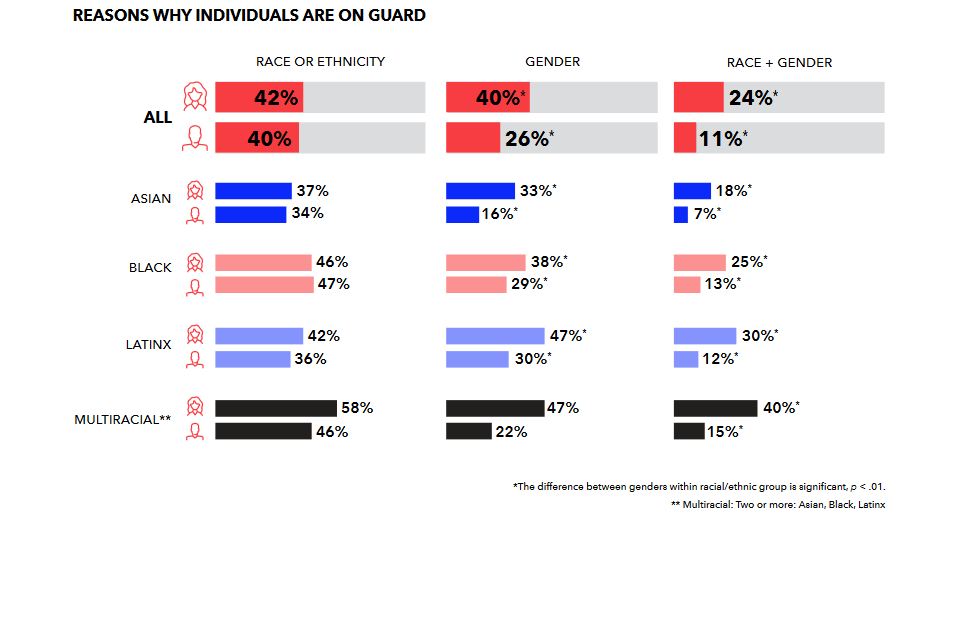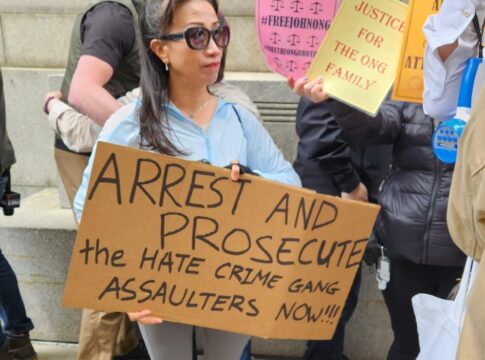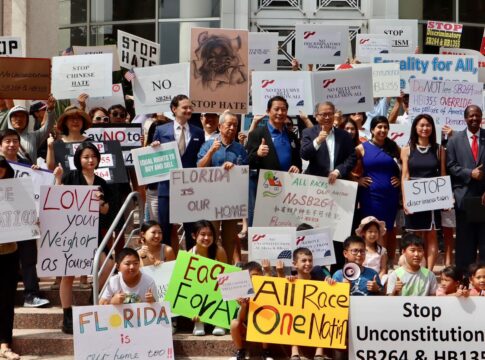
Via Flickr Creative Commons
By Louis Chan
AsAmNews National Correspondent
Jackie Young felt highly valued by her company when she was first hired for a sales position, but that quickly changed.
Jackie connected with people she knew to market a company event designed to increase the corporation’s exposure in the public eye and also to bring in new vendors.
“This event had a great turn out, but when my boss stood at the doorway looking in she turned to me and said, “Why are there so many Chinese?” recalled Young to AsAmNews. “I was quite offended as to why she would think this would appear to be an issue with her, and standing before her (me), a Chinese American. Less than a third of the public in the room were Chinese, so there really weren’t that many.”
Young explained she had used her “personal connections” as she was taught in training and described one of her friends as a Pied Piper” who invited other friends, some who happen to be Asian and others who were not.
LATEST STORIES
“After I explained this to my boss as she stood at the entrance, shook her head and said “no, no, and walked away. That was the first sign to me that she has subconscious bias or should I just say she’s racist?”
Young’s experience mirrors that of other women of color as well as many men, according to a new report released by Catalyst, a non-profit dedicated to building “workplaces that work for women.”
The report entitled Day-to-Day Experiences of Emotional Tax Among Women and Men of Color in The Workplace found that Asian, Black, Latinx, and multiracial professionals pay an emotional tax at work when they feel they must be on guard to protect against racial and gender bias.
“Emotional Tax is the day-to-day experience of having to be on guard for experiences of bias and the impact of that on the ability to thrive at work and in life,” said Jennifer Thorpe-Moscon of Catalyst to AsAmNews. “We define it as “the combination of feeling different from peers at work because of gender, race, and/or ethnicity and the associated effects on health, well-being, and ability to thrive at work.”’
1569 professionals were surveyed. 24 percent of the respondents were Asian with the average age of all respondents 35. 51 percent were women. Ying, a 27-year old Asian business woman, was among those who took part.
“Once I was given a writing assignment about defensive driving techniques,” she Ying. “Although I liked the subject, I felt very on guard when it was read aloud to me, as well as everyone else in our meeting. I braced myself for the inevitable Asian/woman jokes. When they did come, I coped with it by smiling and shrugging it off so as not to cause tension.”

Catalyst researchers discovered multiracial women reported a higher level of emotional tax-58 %. That’s the highest among all the groups. The report’s authors believe that’s because the more a person feels different, the higher level of emotional tax one might pay. Having multiple marginalized identities could lead to more experiences of exclusion.
The study found little difference between Asian men and women in being on guard. Thorpe-Moscon said Asian men were less likely than Asian women to say they are on guard, but the reality she says is men are just as likely to be on guard due to their race/ethnicity.
“Keep in mind that while Asian men were less likely to report being on guard due to their gender, some did (16%), indicating that norms around masculinity for Asian men may still create a need to be on guard,” said Thorpe-Mason. “As we discuss in the report, Asian men are stereotyped as passive and non-dominant, and may be penalized in the workplace for acting in any way that contradicts the stereotype.”
For Jackie, her experience at work has begun to take a toll. She’s now on guard about who she invites to her marketing events-being careful to not invite too many minorities. Her company is targeting higher income residents and doesn’t consider most minorities to fall into that category.
“This began to impact me with emotionally because I didn’t know how to tell my friends gracefully that their Asian American organization may not be welcomed to utilize our complimentary space,” said Jackie, unless they were all doctors and lawyers.
“I realize my boss truly has subconscious bias which affected a wider range of territory that I could market too. Another time she said to me that Asians do not want their elderly loved ones living in a senior community because they tend to always live together in multi generational homes.”
Jackie has begun to look for another job, again mirroring the survey. The study found feeling included resulted in a lower intent to quit, more creativity and a higher percentage of speaking up. That’s something Thorpe-Moscon thinks companies should strive to achieve.
“Thus inclusion is a critical feature of an innovative and market-leading workplace. This is a win for companies looking to leverage their employees’ skills and contributions to achieve what is beneficial for the business.”
AsAmNews has Asian America in its heart. We’re an all-volunteer effort of dedicated staff and interns. Check out our Facebook page and our Twitter feed, Please consider interning, joining our staff or submitting a story for consideration.








